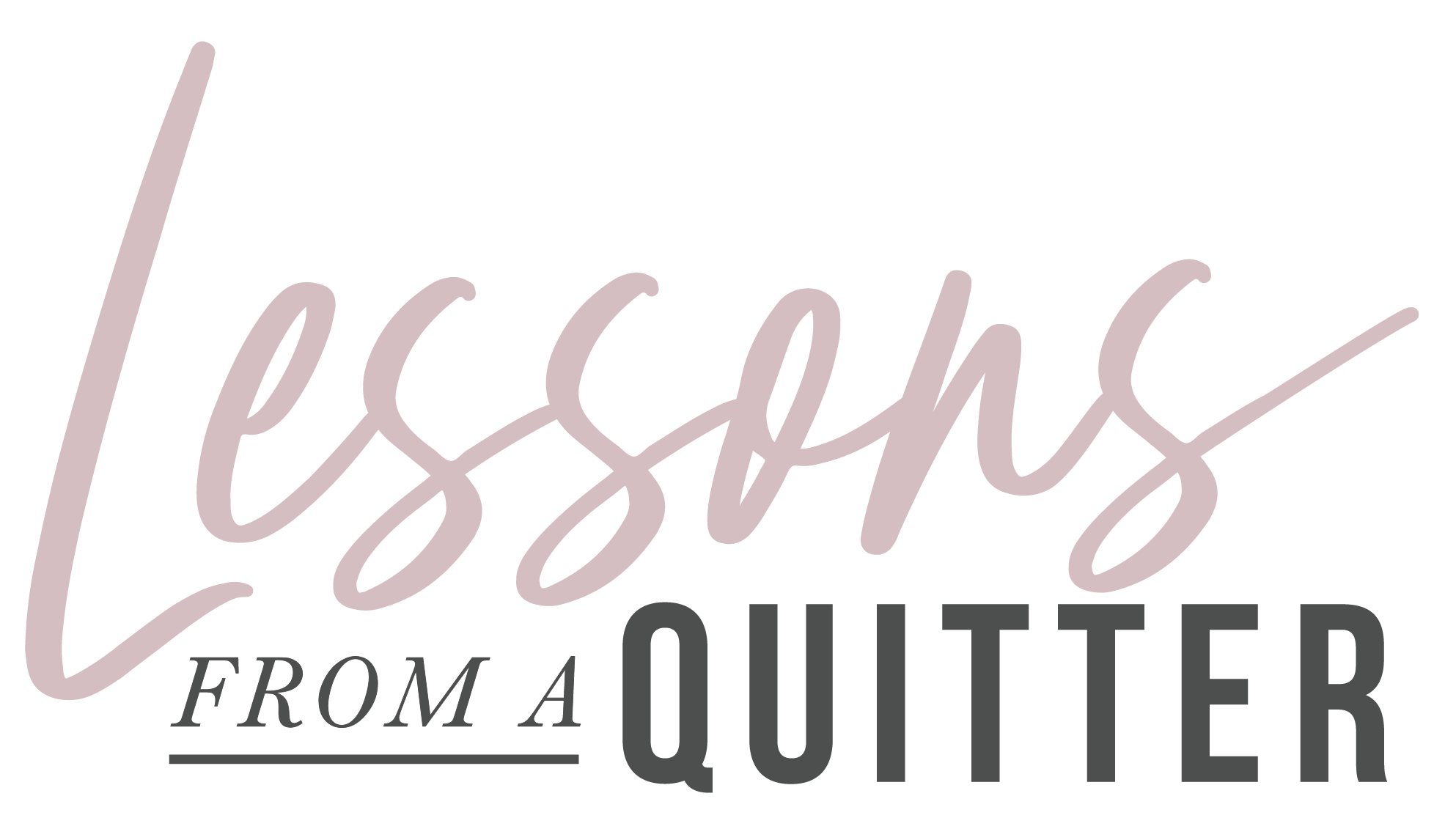Fear is something that affects us all. It’s that nagging voice in the back of our minds that asks us, “What if you fail?” or “What if you can’t do it?” The key is to confront these fears by answering these questions. What if you do fail, now what? Realizing that we can handle these emotions and make a plan for these scenarios empowers us to take risks and move forward. Keep reading to learn how to tackle your fears head-on, answer the daunting “what if” questions, and finally manage fear so you can go after what you really want.
Fear is the Main Obstacle
Fear is the primary obstacle to pursuing our dreams. Maybe you’ve felt one or all of these before: the fear of failure, the fear of rejection, the fear of embarrassment, the fear of being judged, the fear of success, the fear of what would people think of me if I want more for myself? Most of the time, what holds us back is our fear of things not going the way we want.
Our brains are hardwired to prioritize safety over happiness. They want us to stay within our comfort zones because that’s where we’re less likely to face risks and challenges. As long as we stay in our comfort zone, we don’t have to face the discomfort of fear, embarrassment, or failure. But this natural instinct can be a huge hindrance to pursuing our dreams.
Answering the What-If Questions
Here’s how I want you to deal with the fears that come up every single day and help you move past them. It’s super simple. I want you to answer the “what if” questions that plague your mind. Instead of allowing these questions to cycle freely in your mind, engage in a dialogue with yourself. Acknowledge that there is a possibility of things not going as planned.
When your brain says, “What if we start this business and we fail?” I want you to answer that. “Ok, what if you fail?” What would you do? I truly want you to consider that failure is a possibility. Let’s say you are going to make an investment of $20,000 into this business. You might lose $20,000, the time spent making the business work, the opportunities you gave up to go after building the business, and so on. Write down all the worst case scenarios first because that’s what your brain is so afraid of.
Confronting the Worst-Case Scenario
When we confront the worst-case scenario in a practical way, we can lay out all the possible consequences of our actions, even if they seem intimidating. From here, you can start to see the obstacles that may come up from going after your desires and start to strategize solutions.
Let’s say you want to quit and have a year’s worth of savings to support you. You don’t have to wait until you’re out of money to course correct. The worst case scenario after quitting your job might be not finding another job or running out of money. There are a lot of steps that are going to have to happen before you get there. You now know what your financial runway is and how much time you have to look for a new role. Say six months into quitting, your goals are taking longer than planned; you can start course correcting with the solutions you’ve come up with from managing your fears around the worst case scenario. Maybe you get a job, maybe you get a roommate, maybe you downsize your living expenses. Whatever solutions work for you, you can now start to plan and implement.
Calculate Risk
There are a lot of strategies to come up with when you know the obstacles that you are facing. Most of the people I coach are high achievers and likely wouldn’t have a problem getting another job. They know they can do it. They just don’t want that discomfort or the risk. If the next job you have isn’t worth the discomfort of having quit or the risk of job security, answer that. Is it still worth the risk? Even now that you know the obstacles that you’re facing? Answering the what-if’s and evaluating the consequences will give you all the more confidence to take calculated risks and move forward.
You Can Handle Whatever Comes Your Way
Conquering your fears and moving forward is not about eliminating fear entirely. Instead, it’s about recognizing your fears, answering the tough questions, and realizing that you can handle whatever comes your way. I can’t tell you how liberated I feel knowing that no matter what happens, I know I can take care of myself. The secret to me getting over my fear was simply answering the what-if’s and simply seeing that the answer is not as scary as I thought it was going to be. By answering your fears, you’ll be empowered to take risks, pursue your dreams, and ultimately live a more fulfilling life, too. If you’re looking for a community to support you as you face your fears and strategize around the worst-case scenarios, join us inside the Quitter Club.


